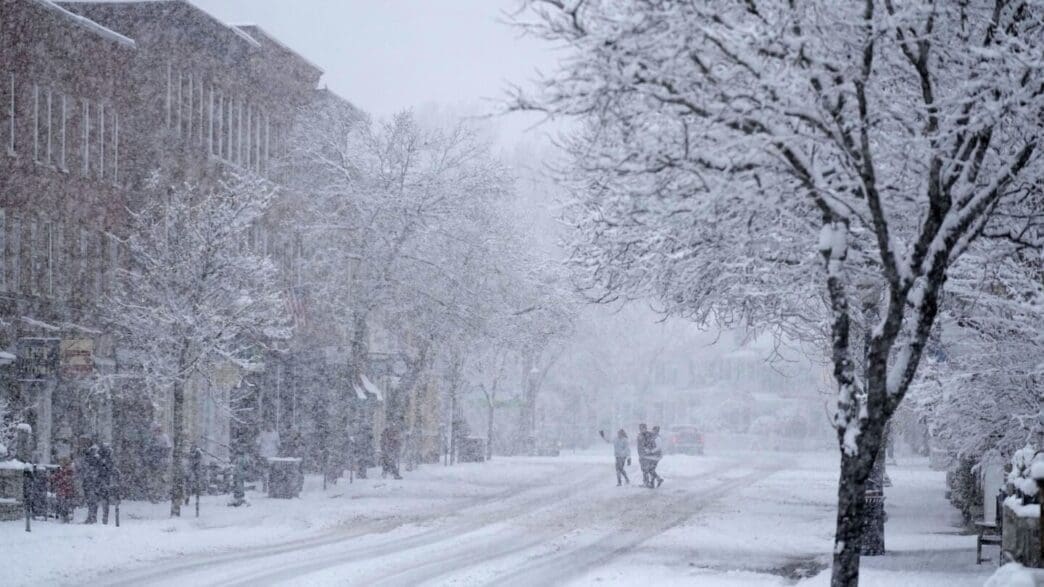The Vermont Supreme Court ruling might have stirred up a storm on social media, but the facts tell a different story—one far less dramatic than the viral posts suggest.
The whirlwind of claims across social media asserts that Vermont schools now have the green light to vaccinate children without parental consent—a statement far from the truth. These claims stem from a recent Vermont Supreme Court decision, which addressed a legal case involving the mistaken vaccination of a child, L.P., at a school.
Dario and Shujen Politella, parents of L.P., filed a lawsuit against the Windham Southeast School District after their son was vaccinated against COVID-19 at Academy School, despite explicit instructions against it. The debacle happened when a mix-up led to L.P. being tagged with another student’s details—resulting in him receiving the vaccine.
The Vermont Supreme Court’s decision hinged on the Public Readiness and Emergency Preparedness Act, or PREP Act, which provides immunity from state lawsuits to those protected under its provisions. This act was cited in the dismissal of the Politella’s suit, rather than any blanket approval for schools to bypass parental consent rights.
Social media buzz misrepresented the ruling as granting authority to vaccinate children unconditionally. However, the court’s decision was specifically about legal immunity under federal law, not an authorization for unilateral school action.
Rod Smolla, a constitutional law expert, clarified that the ruling preempts state lawsuits for vaccination without consent under the PREP Act. He emphasized, in his communication with the Associated Press, that it does not grant new powers to school officials to override parental wishes.
Attorney Ronald Ferrara, representing the Politellas, noted potential interpretations that could embolden schools to vaccinate under federal protection, at least in cases involving COVID-19 vaccines. This concern fueled the appeal to the U.S. Supreme Court, aiming to narrow how the PREP Act is applied, avoiding broader misinterpretations.
John Klar, another legal representative for the family, argued that the decision means that parents could be left struggling to seek legal recourse unless significant harm occurs, pushing potential claims to a federal level instead of a state one.
These interpretations have fueled misinformation, with online claims portraying the ruling as a carte blanche for schools, which is misleading. Schools do not have unrestricted rights to vaccinate children against parents’ wishes based on this ruling.
The Vermont case highlights the complexities of legal interpretations and how quickly they can be misconstrued. The decision underscores the importance of understanding the specific legal protections involved rather than assuming broader authorities.
In essence, the Vermont ruling isn’t about expanding schools’ rights to vaccinate sans parental consent; it’s about legal protections under specific federal acts. While concerns remain about potential misinterpretations, the decision itself does not empower schools to act against parental wishes.
Source: Apnews








